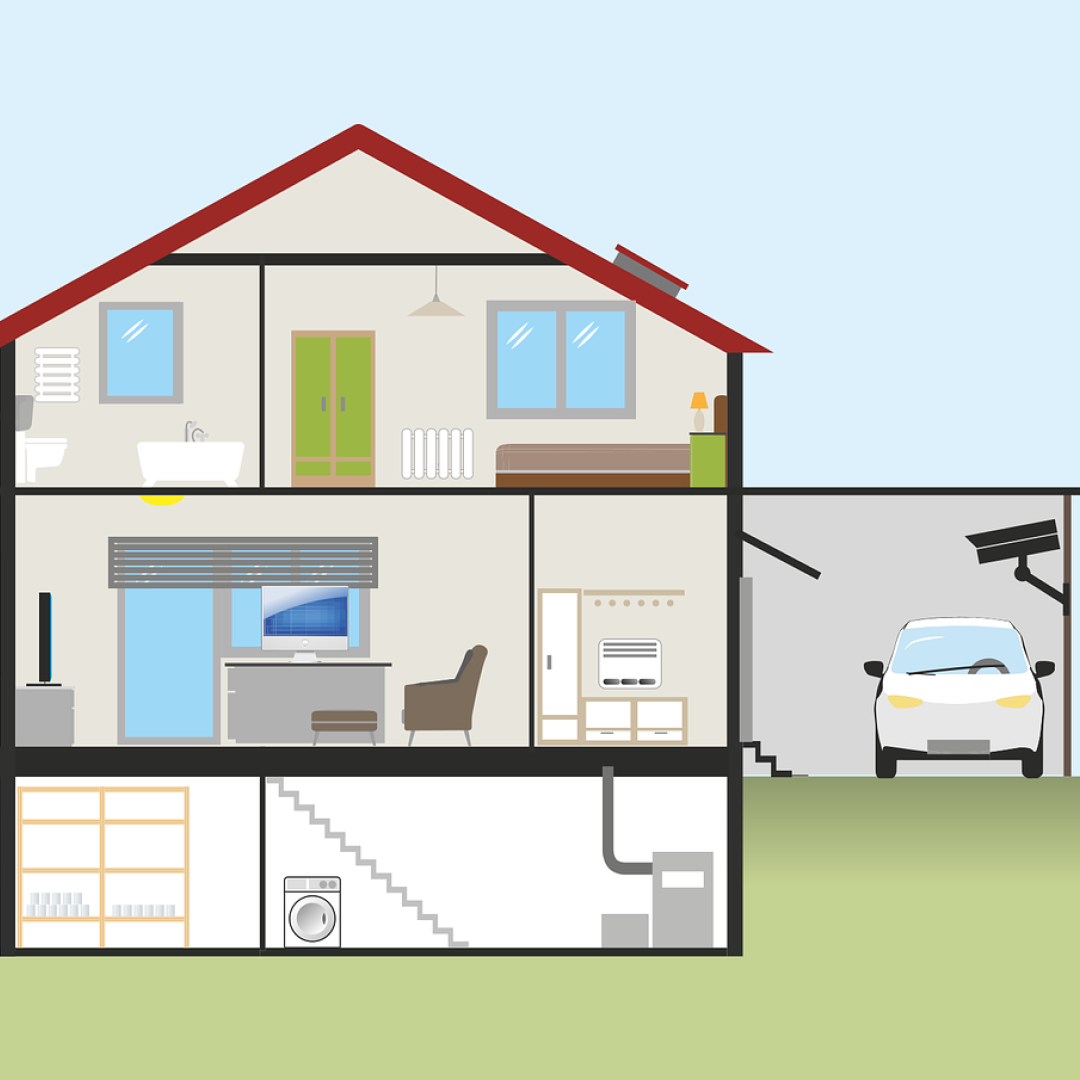

330-452-9911 (Aultman Main)
Patients & Visitors

- Patient Support
- My Experience
- Join Our Grateful Community
- Nondiscrimination & Language Services
- Patient Nutrition
- Patient Portal
- Patient Privacy
- Patient Medical Records
- Patient Rights and Responsibilities
- Patient Welcome Folder
- Tests & Procedures
- Contact Us
- Visitors
- Contact a Patient
- Aultman Anywhere App
- The Shoppes at Aultman
- Visitor Policies
- COVID-19 Information
- Parking and Maps
- Dining Options
- Things to Do
- Insurance and Billing
- Pay My Bill
- Accepted Insurance
- Financial Assistance
- Pricing
- FAQs
Services

- Medical Services
- Back & Spine Center
- Birth Center
- Cancer Center
- Critical Care
- Emergency
- Heart & Vascular
- Mental Health Services
- Neurosurgery
- Orthopedics and Sports Medicine
- Stroke
- Surgical Services
- Urology
- Support Services
- AultmanNow
- Aultman Specialty Pharmacy Services
- AultWorks
- Case Management
- Clinical Trials
- Diabetes Education
- Grief
- Home Medical Supply
- Home and Aultman Infusion Services at Woodlawn
- Home Health Care
- Hospice/Palliative Care
- Imaging
- Inpatient Rehab
- Integrated Health Collaborative
- Lab
- MEDS Clinic
- Pain Management
- Security
- Sleep Services
- Spiritual Care
- Therapy
- Urgent Care
- Victims of Violence - Forensic Nurse
- Wound Care
Health & Wellness

About

- Aultman
- About Aultman
- Careers
- Diversity, Equity, Inclusion and Belonging at Aultman
- Newsroom
- Our Policies
- Annual Report
- Community Health Needs Assessment
- Sharon Lane – An American Heroine
- Aultman Corporate Sponsorships & Volunteer Requests
Locations

- Locations
- AultCare
- Aultman Alliance
- Aultman Carrollton
- Aultman College
- Aultman Dover
- Aultman Hartville
- Aultman Hospital
- Aultman Louisville
- Aultman Massillon
- Aultman Medical Group
- Aultman North
- Aultman Orrville
- Aultman Orrville Doylestown Health Center
- Aultman Tusc
- Aultman Tuscarawas Regional Health
- The Aultman Foundation
- Aultman Woodlawn
Schedule an Appointment
*Please fill in all the required fields.
- Home >
- Blog >
- Healthy Living >
-
The Dangers of Radon
Menu

Recent Posts
- Do You Know These Medical Words?
- Carving Pumpkins Safely
- Recipe: Southwestern Turkey Chili
- Train Your Brain Day
- Confronting Domestic Violence
Archive Posts

Location Finder
Here's your guide to finding any of the facilities in the Aultman family of health services, including maps and contacts.

Need a Doctor?
Aultman's network of providers is committed to high-quality patient care.

Schedule an Appointment
Click below to complete an online form.
Donate Today
You can help support and enhance services, and in turn, help patients and their families who benefit from care received at Aultman.

The Dangers of Radon
Radon is a cancer-causing, radioactive gas that comes from the natural radioactive breakdown of uranium and radium in soil, rock and water. Radon, which is released into the air we breathe, is found all over the United States — in buildings, homes, offices and schools. It can reach drastically high levels, causing a major health concern. Radon is estimated to cause 21,000 lung cancer deaths in this country each year, according to the EPA.
Radon typically moves up through the ground to the air above and into homes through cracks and other holes in the foundation. Your home traps radon, where it can build up once inside. Homes of any age and construction can have radon.
Testing for radon is inexpensive, easy and the only way to know if you and your family are at risk of exposure. The EPA and the Surgeon General advise testing all homes below the third floor for radon. The EPA also advises that schools be tested.
If you find that your home has radon, it can be fixed in ways that are not too costly. Even very high levels of radon can be reduced to acceptable levels.
Lung Cancer Risk
Radon gas decays into radioactive particles that become trapped in your lungs when you breathe. This may lead to lung tissue damage and to lung cancer over the course of a lifetime. Not all people exposed to high (elevated) radon levels will develop lung cancer, and the amount of time between exposure and onset of disease may be years. Radon is the second leading cause of lung cancer after smoking.
Smoking combined with radon exposure poses an especially serious health risk. The chance of getting lung cancer from radon depends on:
- How much radon is in your home.
- The amount of time you spend in your home.
- Whether you are a smoker or have ever smoked.
For more information on radon, contact your state radon office or visit the EPA's website.
Source: The StayWell Company LLC

Location Finder
Here's your guide to finding any of the facilities in the Aultman family of health services, including maps and contacts.

Need a Doctor?
Aultman's network of providers is committed to high-quality patient care.

Schedule an Appointment
Click below to complete an online form.
Donate Today
You can help support and enhance services, and in turn, help patients and their families who benefit from care received at Aultman.